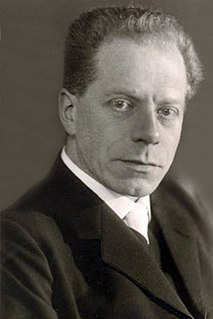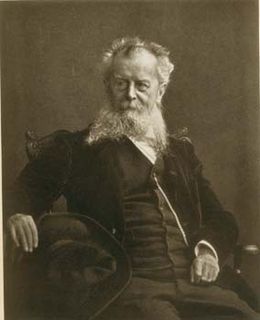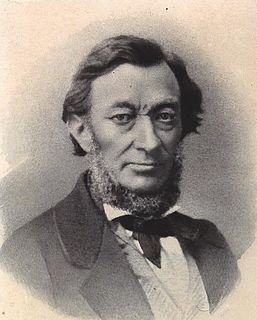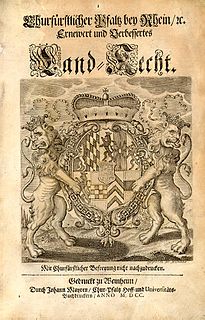Related Research Articles

Jacob Ludwig Karl Grimm, also known as Ludwig Karl, was a German author, linguist, philologist, jurist, and folklorist. He is known as the discoverer of Grimm's law of linguistics, the co-author of the monumental Deutsches Wörterbuch, the author of Deutsche Mythologie, and the editor of Grimms' Fairy Tales. He was the older brother of Wilhelm Grimm, of the literary duo the Brothers Grimm.

The University of Göttingen, officially the Georg August University of Göttingen, is a public research university in the city of Göttingen, Germany. Founded in 1734 by George II, King of Great Britain and Elector of Hanover, and starting classes in 1737, the Georgia Augusta was conceived to promote the ideals of the Enlightenment. It is the oldest university in the state of Lower Saxony and the largest in student enrollment, which stands at around 31,600.

Freiherr Adolph Franz Friedrich Ludwig Knigge was a German writer, Freemason, and a leading member of the Order of the Illuminati.

Leonard Nelson, sometimes spelt Leonhard, was a German mathematician, critical philosopher, and socialist. He was part of the neo-Friesian school of neo-Kantianism and a friend of the mathematician David Hilbert. He devised the Grelling–Nelson paradox in 1908 and the related idea of autological words with Kurt Grelling.

Gustav Ludwig Hertz was a German experimental physicist and Nobel Prize winner for his work on inelastic electron collisions in gases, and a nephew of Heinrich Rudolf Hertz.

Ludwig Joseph Brentano was an eminent German economist and social reformer.

August Ludwig von Schlözer was a German historian and pedagogist who laid foundations for the critical study of Russian medieval history. He was a member of the Göttingen School of History.

Felix Dahn was a German law professor, German nationalist author, poet and historian.

Ludwig Heinrich von Jakob was a German philosopher, political scientist and economist. During the French occupation of Germany, he worked as a consultant and professor in Russia.

Ernst Ludwig von Gerlach was a Prussian politician, editor and judge. He is considered one of the main founders and leading thinkers of the Conservative Party in Prussia and was for many years its leader in the Prussian House of Representatives. Like his brother Leopold von Gerlach, he belonged to the circle that formed around the "Neue Preußische Zeitung”, in the founding of which he also played a leading role.

The Göttinger Hainbund was a German literary group in the late 18th century, nature-loving and classified as part of the Sturm und Drang movement.

Theodor Olshausen (1802–1869) was a German author, journalist and politician, prominent in the Patriotic Party of Schleswig-Holstein. He lived and worked for over a decade in the United States.

The Landrecht was the law applying within an individual state in the Holy Roman Empire during the Middle Ages and Early Modern times. The state laws that emerged in the territories of the empire from the 12th century onwards had been developed from the older tribal laws of the Saxons, Swabians, Bavarians and Bohemians. Through privileges and laws passed by the territorial princes as well as the jurisprudence of the Landgerichte or state courts, these ancient rights were supplemented and developed. Later Roman law was also accepted and incorporated into the Landrechte. The Landrecht was only applied to the burghers of a town in a secondary way, because they came primarily under municipal law and the autonomous jurisdiction of their communities.

Ludwig Finscher was a German musicologist. He was a professor of music history at the University of Heidelberg from 1981 to 1995 and editor of the encyclopedia Die Musik in Geschichte und Gegenwart. He is respected internationally as an authority on the history of Western Classical music from the 16th century to contemporary classical music, with a view on music in cultural, social, historical and philosophical context, in a clear language for both specialists and lay readers.

Jürgen Leo Müller is a German medical specialist for neurology and psychiatry. He is a professor for forensic psychiatry and psychotherapy at the University of Göttingen as well as chief physician for forensic psychiatry and psychotherapy at the Asklepios Clinic in Göttingen. His particular scientific interest lies in the empirical research of forensically relevant disorders with a particular focus on personality disorders, psychotherapy as well as violent and sex offenders. In addition to that he places special emphasis on the usability of empirical techniques to responding legal questions.
Horst Schüler-Springorum was a German Professor of Jurisprudence. The focus of his work was on Criminal justice.
Hubert Kaufhold is a German legal scholar and judge, with special research interests in the languages and legal history of the Christian Orient.
Reinhard Frank was a German lawyer-academic specialising in criminal law and international public law. He was a prolific author of legal text books and became an influential law reformer. In 1920 Frank was appointed Rector of Munich University.

Heinrich August Anton Gerber was a German architect.

Christian Ludwig von Hagedorn was a German art historian and collector, as well as an amateur engraver. He also served as a diplomat. His elder brother, Friedrich, was a well known poet.
References
- This article incorporates text from a publication now in the public domain : Rines, George Edwin, ed. (1920). . Encyclopedia Americana .